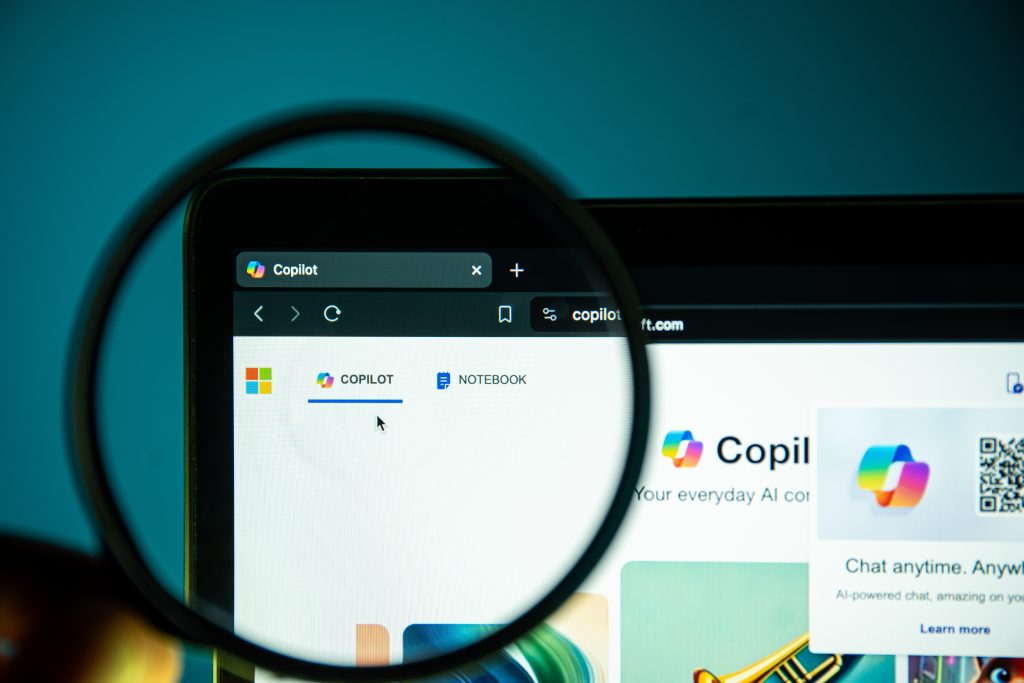Don’t Let Hackers Crash Your Holiday Cheer
As the festive season approaches, most of us are winding down and looking forward to a well-earned break. Unfortunately,...


A computer with Microsoft Copilot+ PC Photographer: David Paul Morris/Bloomberg
Reference: Microsoft’s AI Assistants Will Revolutionize the Office — One Day – Bloomberg
=================================================================
Focus Technology provides free Microsoft Copilot training. Contact us today to learn more about Copilot and how it can enhance your business and help you achieve better results.
Give us a call or drop by anytime, we endeavour to answer all enquiries within 24 hours on business days.